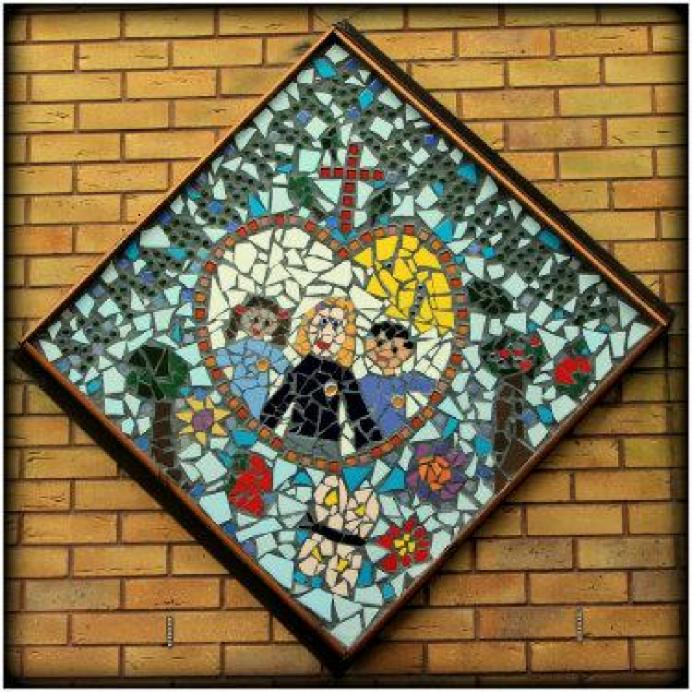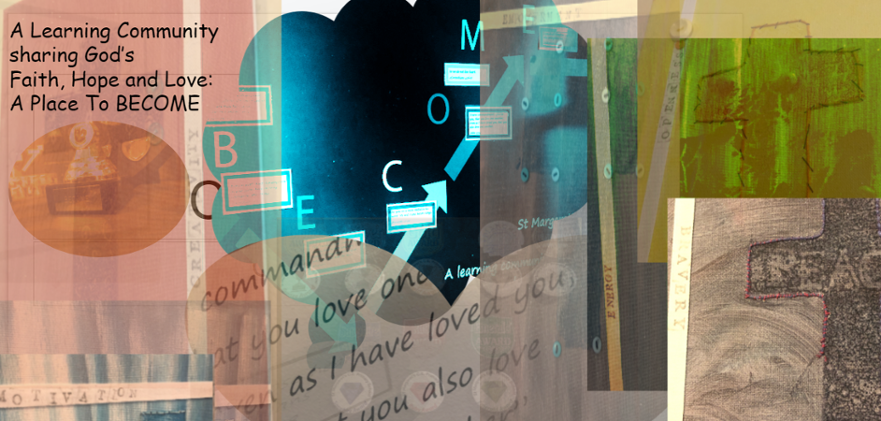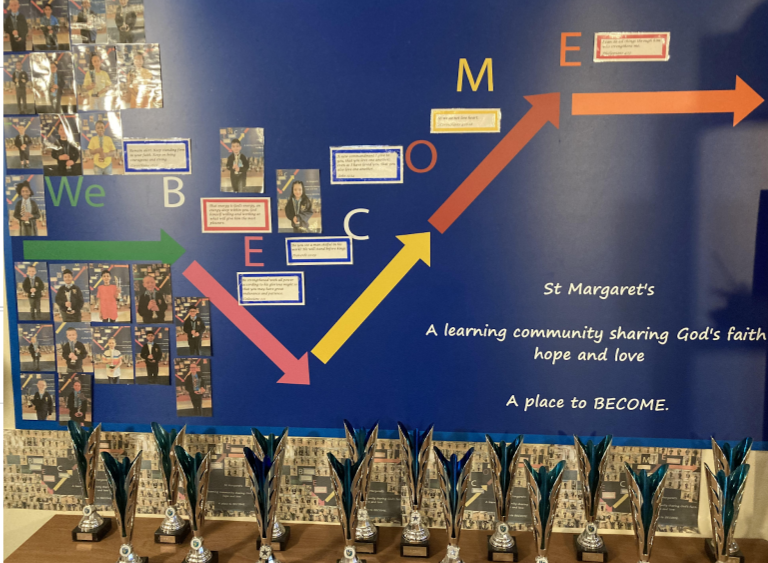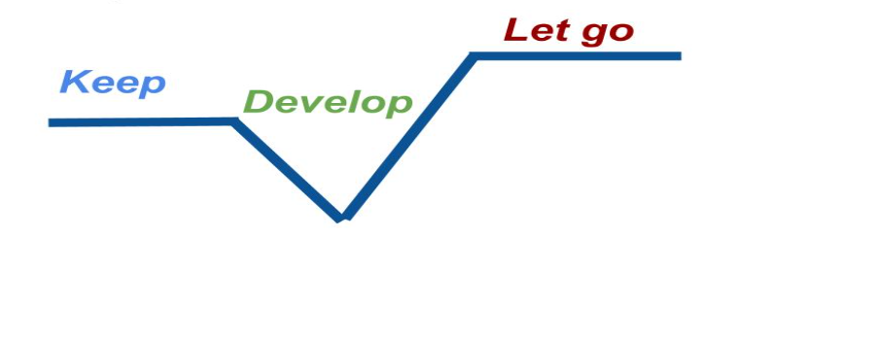A Place to BECOME
Our vision at St Margaret's is that every child is provided with 'A Place to BECOME' through, Faith, Hope and Love. A place where children are nurtured to find their passion,whether it be for art, writing, science, sport, music or design. A place where they are supported to harness their full potential.
Great emphasis is placed on teaching children about the learning process and supporting the development of different personal attributes which can impact positively on learning and character. We want our children to develop good knowledge and skills across the curriculum as well as skills which will equip them well for the next stage of their education and in their personal development.
We aim to make the children's experience at St Margaret's fun, memorable and challenging.
We aim to develop pupil's abilities to become global citizens. We want them to be enterprising, and in the future; change the world.
Aims of BECOME
We encourage the children to be Brave.
To relish challenges; to share their ideas and views; develop confidence and resilience.
We encourage our children to be Energetic.
To work hard; to listen well and ask questions; to give 100%.
We encourage our children to be Creative.
To problem solve; to present ideas in different ways; to find different ways of thinking.
We encourage our children to be Open.
To collaborate; to share; to emphathise; to love.
We encourage our children to be Motivated.
To know what to improve; what to learn more about; what will help them learn; what they want to achieve.
We want our children to be Empowered.
To have the knowledge and skills they need to succeed; to be confident global citizens who can be the change.
The Learning Line and 'The Hero's Journey'
The Learning Line is used in school as a visual representation of the process of learning and development.
The Hero’s Journey is a pattern of narrative identified by the American scholar Joseph Campbell that appears in drama, storytelling, myth, religious ritual, and psychological development. It describes the typical adventure of the archetype known as The Hero, the person who goes out and achieves great deeds on behalf of the group, tribe, or civilization.
Its stages are:
1. THE ORDINARY WORLD. The hero, uneasy, uncomfortable or unaware, is introduced sympathetically so the audience can identify with the situation or dilemma. The hero is shown against a background of environment, heredity, and personal history. Some kind of polarity in the hero’s life is pulling in different directions and causing stress.
2. THE CALL TO ADVENTURE. Something shakes up the situation, either from external pressures or from something rising up from deep within, so the hero must face the beginnings of change.
3. REFUSAL OF THE CALL. The hero feels the fear of the unknown and tries to turn away from the adventure, however briefly.
Alternately, another character may express the uncertainty and danger ahead.
4. CROSSING THE THRESHOLD. At the end of Act One, the hero commits to leaving the Ordinary World and entering a new region or condition with unfamiliar rules and values.
5. THE PATH OF TRIALS. The hero is tested and sorts out allegiances in the Special World.
6. RETURN WITH THE ELIXIR. The hero returns home or continues the journey, bearing some element of the treasure that has the power to transform the world as the hero has been transformed.
Pupils are introduced to the Hero’s Journey in this linear form and the skills and attributes necessary to be successful in this journey. Bravery, Energy, Creativity, Openness and Motivation, all leading to Empowerment.
Key
B = Brave
We try new things
We are not afraid of new challenges
We will take risks
We make suggestions and share ideas
We have a ‘can do’ attitude
E = Energetic
We work hard and stay on task
We listen well and understand what we need to do
We ask questions about our learning
We can explain what we are learning
We know what to do when we need help
We can use what we already know to get us started
C = Creative
We come up with ideas and share them
We make connections in our learning
We ask questions to extend our thinking
We can try more than one way to solve a problem
We make choices about how to present our learning
We ‘think outside the box’
O = Open
We work well with others sharing ideas
We ask questions in response to other people’s ideas
We can respond positively to what others say about our learning
We can give others feedback to support their learning
We contribute positively to school
M = Motivated
We enjoy challenges
We add to our learning outside school
We know our targets and next steps in learning
We look for ways to improve what we have done
We are responsible for our own learning
E = Empowered
We have new skills and knowledge
We are confident in moving forward in our learning journey
BECOME and the curriculum
Each subject in school is carefully planned to ensure progression in skills being taught and learned. For each subject there is a clear plan of what skills and knowledge will be taught when and these are titled, for example, 'How to BECOME a Historian'
Our reward system is based on 'A Place to BECOME'. Children receive postcards recognising their achievements in each of the areas of BECOME.
The BECOME competencies are made reference to each day in lessons and are explored in Collective Worship.
BECOME skills are also promoted through the curriculum. Our curriculum has within it a focus on personal and social development. These include improving one’s own learning and performance through reflection and evaluation, developing independence and responsibility both individual and collective and learning with others, through collaborative learning.
Each week all children set themselves personal targets using The Learning Line
The Aims of Promoting B.E.C.O.M.E.
Increased academic performance.
Increased motivation and confidence of children and an increased understanding of the learning process.
Allowing children to become more aware of and better able to manage their limitations.
Enabling teachers to plan learning activities which promote these vital skills.



